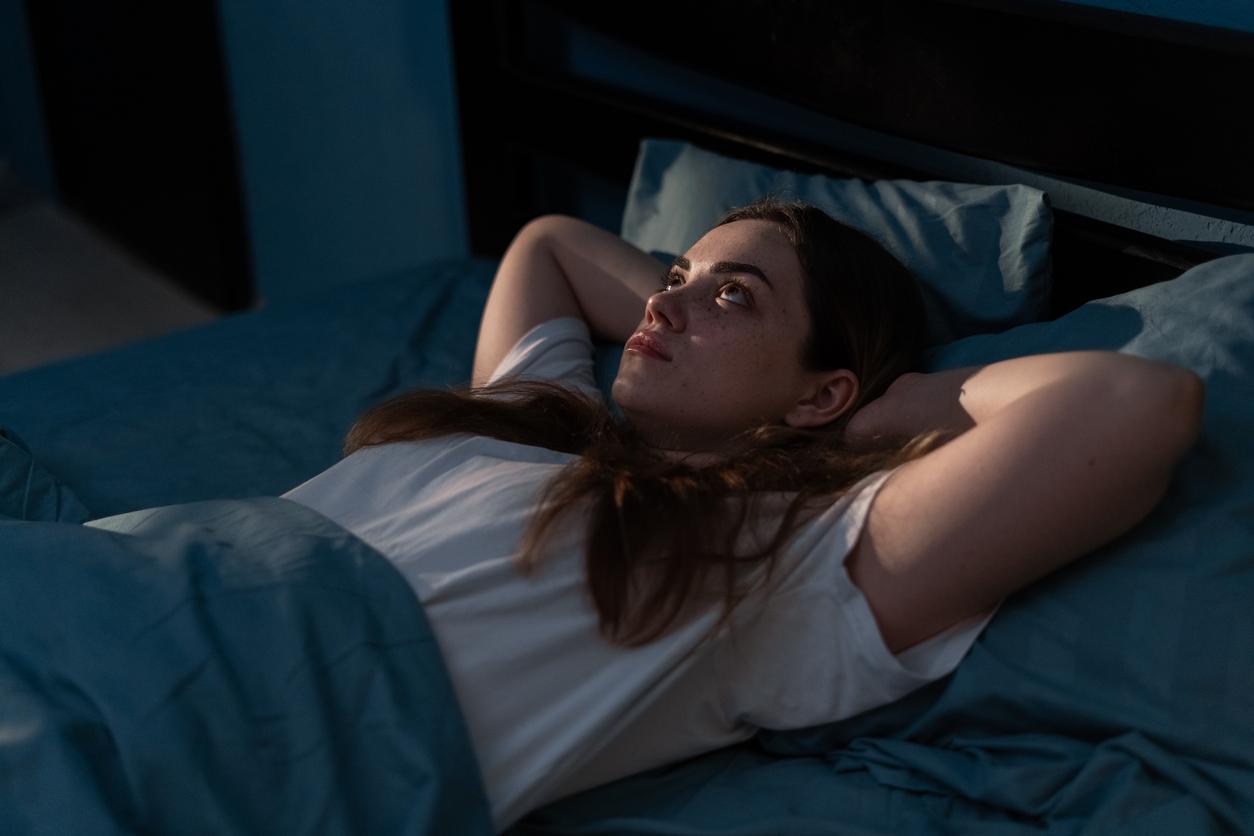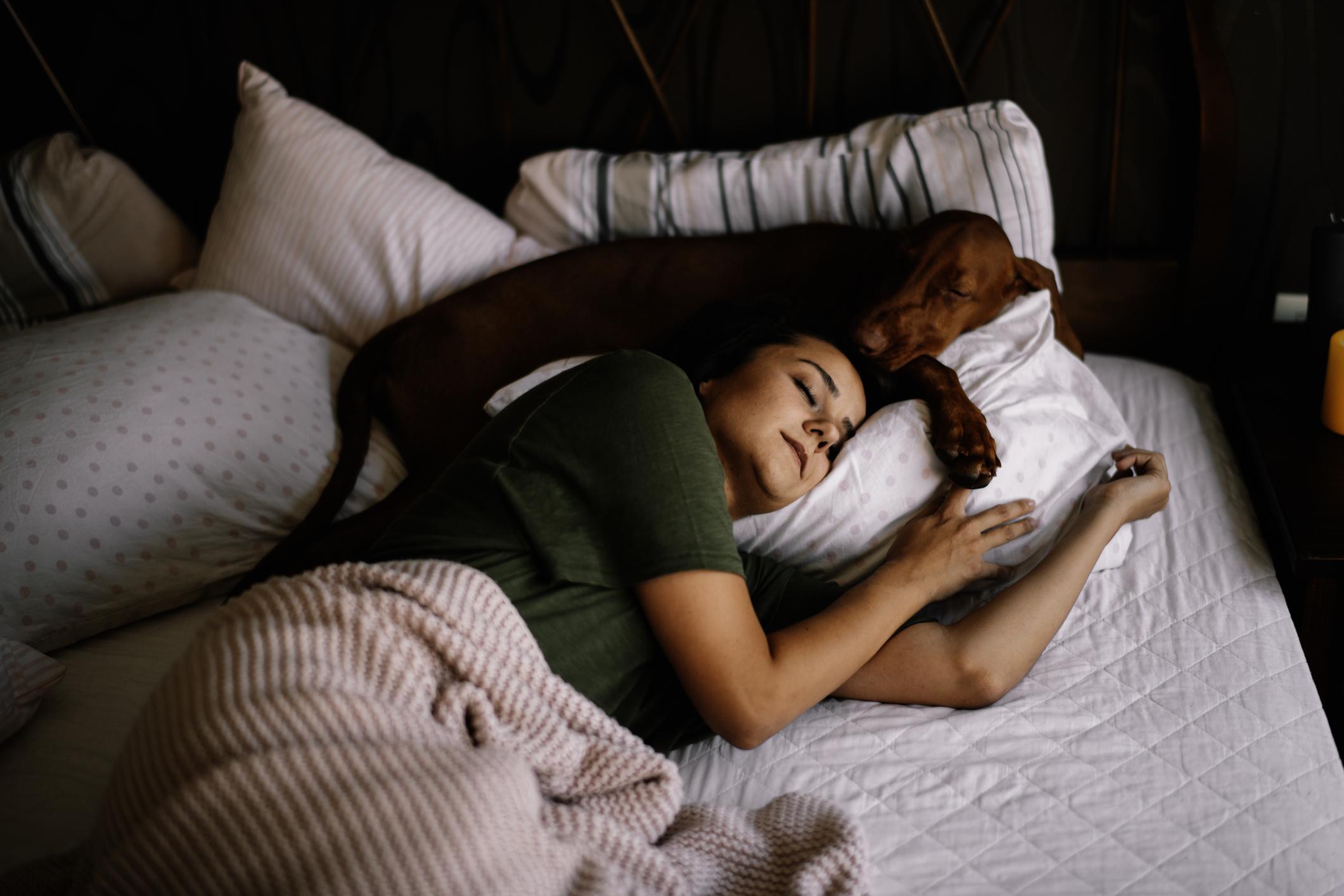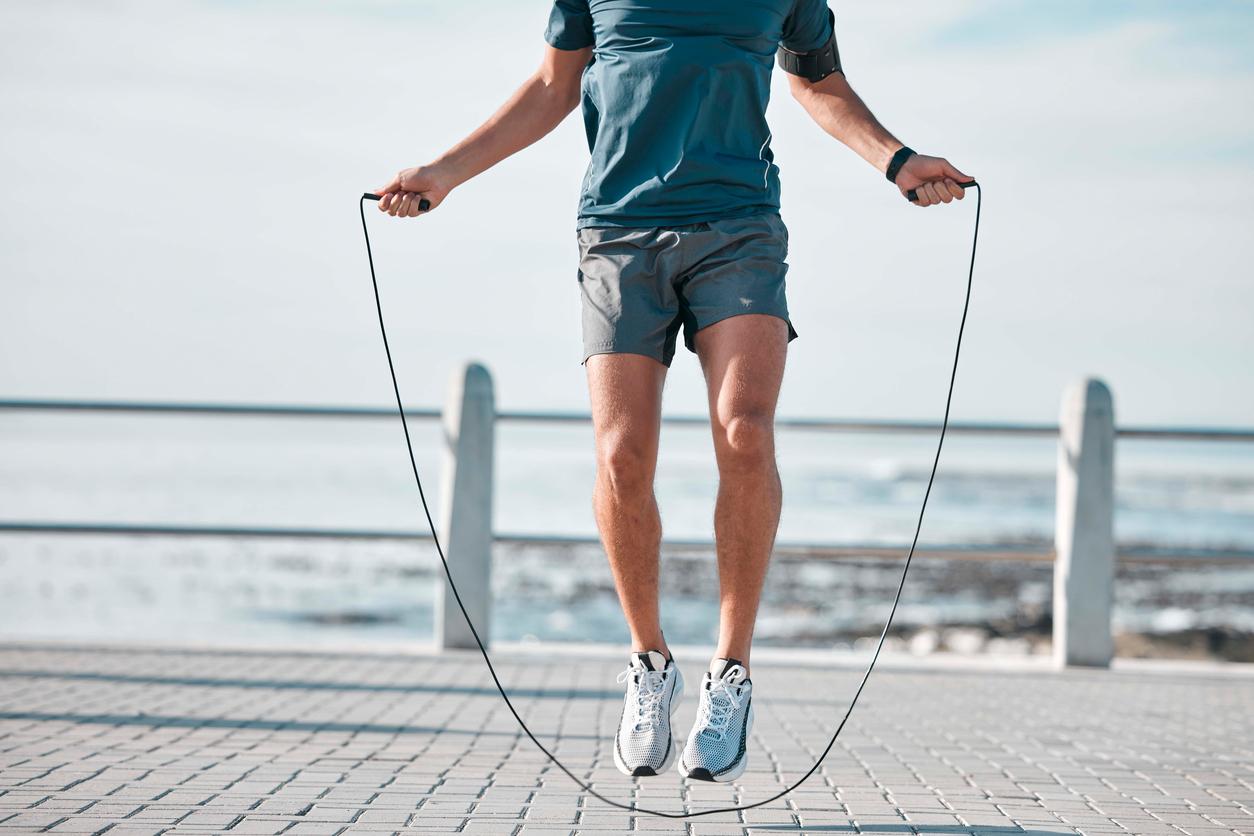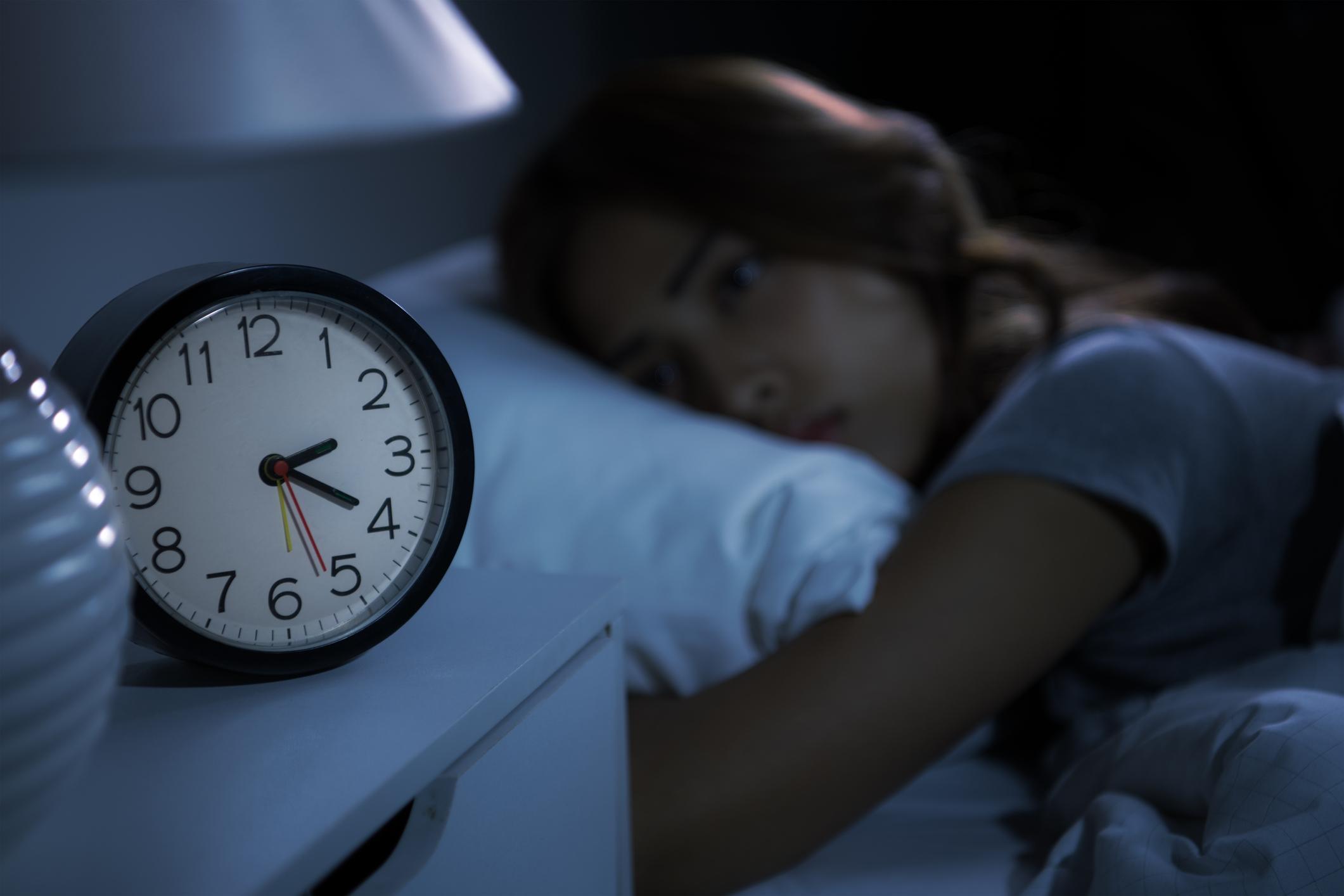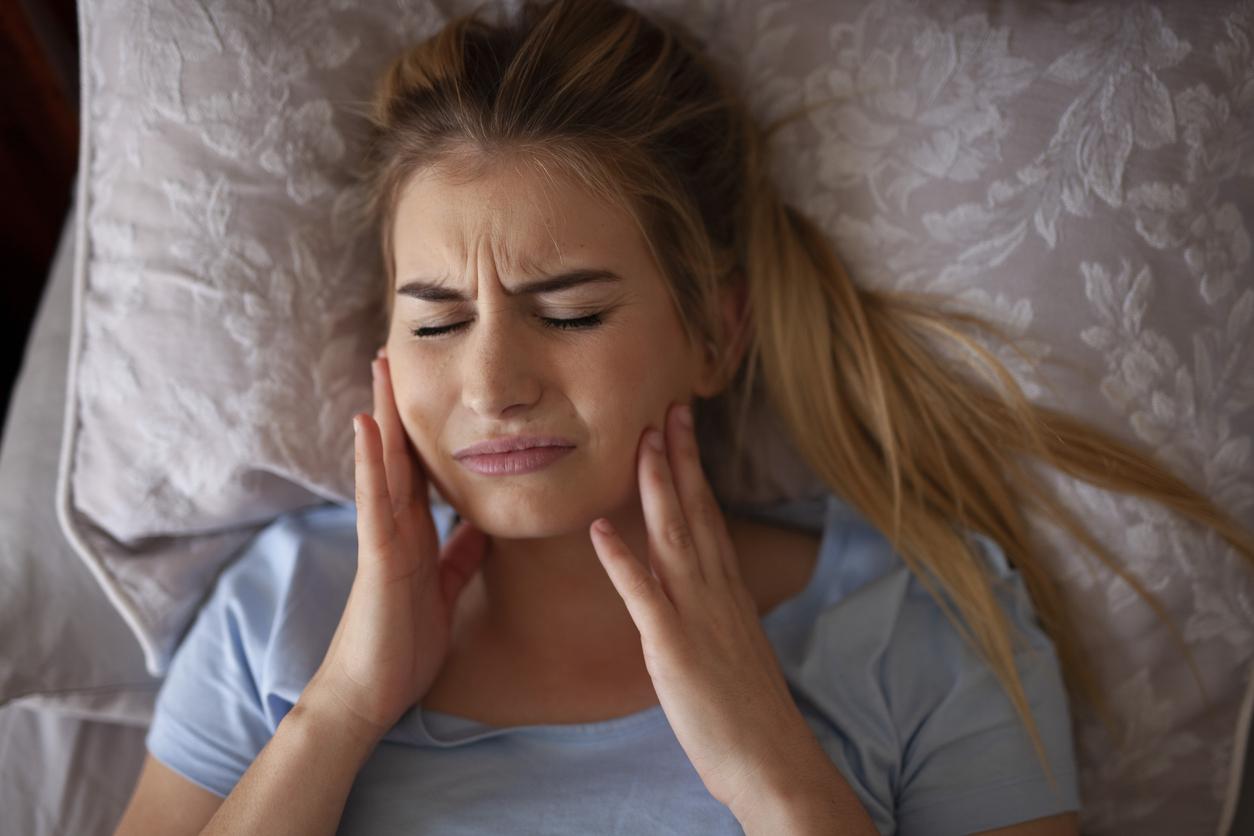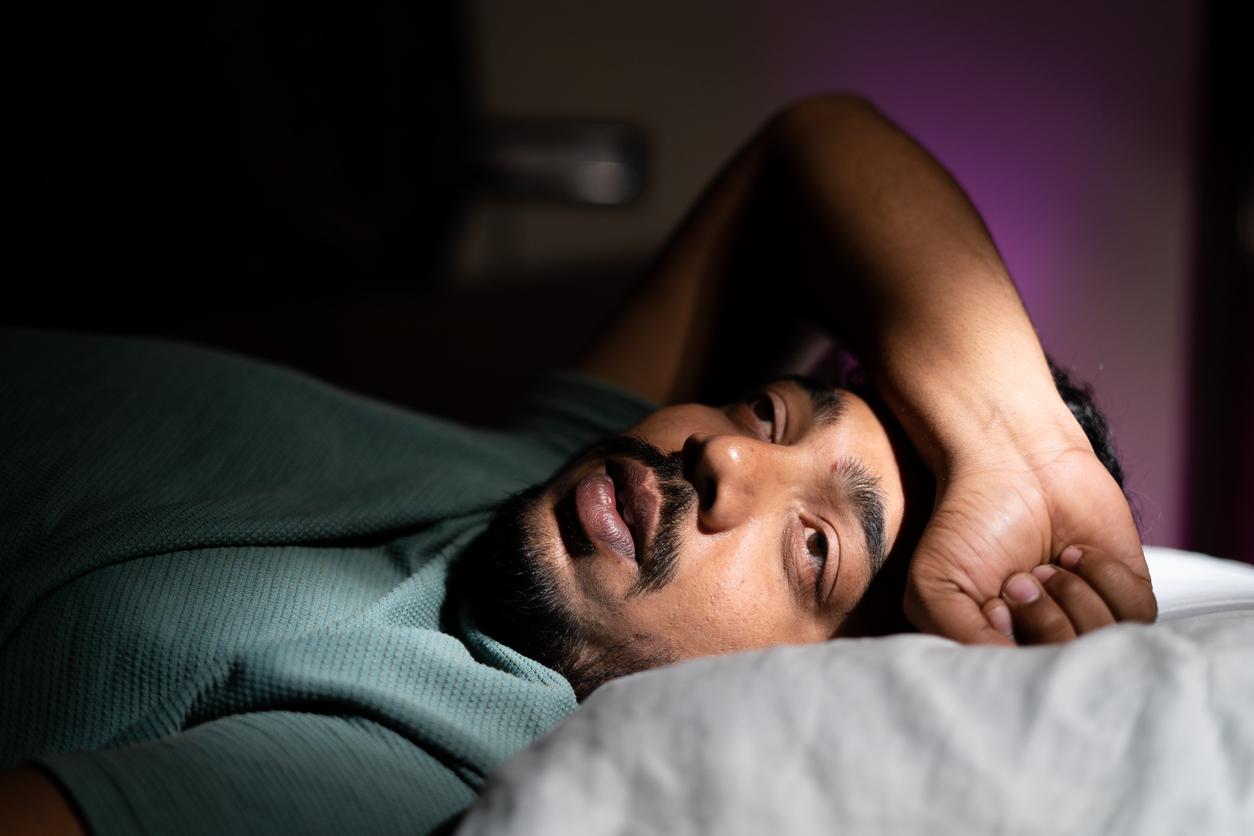Intermittent fasting involves not eating anything for a chosen period of time. There are several forms of fasting, but the best known is 16/8. Concretely, you have 8 hours per day to eat, and 16 hours to fast. With the exception of water, teas, herbal teas or vegetable juices, intermittent fasting involves deprivation of food and drinks during a specific time period.
Currently, intermittent fasting has become a way of life adopted by a large number of men and women interested in improving their health, losing weight and regenerating the digestive system.
Attention insomniacs, intermittent fasting can also be help to find restful sleep. Top Santé interviewed is one of these followers. Thanks to this dietary practice, Antony (30 years old) got rid of his insomnia. Testimony and decryption with sleep experts.
How to do intermittent fasting to sleep better?
“ I started intermittent fasting in March 2023 to help reduce my digestive ailments. These have diminished, but above all, I managed to overcome my insomnia in two weeks! I had very difficult sleep for several years and fasting in the evening helped me enormously », Testifies Antony for Top Santé.
If you are having trouble sleeping, it would be ideal to be able to give up dinner certain evenings during the week.
“ Concretely, it’s quite simple: I never deprive myself. In principle, I fast in the evening, but if one evening I want to have dinner, then I will not eat again until the next day around 1 p.m.Antony shares with us. On fasting evenings, I stop eating around 4 p.m. with a snack. Then, I can eat breakfast again around 9 or 10 a.m. I practice it 3 to 4 times a week, sometimes 5. This way of eating can be combined with a social life since the goal is not to fast every night. When going out with friends, I don’t deprive myself, as long as it remains reasonable and it doesn’t happen every evening. My partner also practices intermittent fasting, and I can tell you that in addition to the health benefits, it also saves us money! “.
A tennis fan, Antony quickly noticed that thanks to intermittent fasting, he also gained in energy. This is normal: by allowing the regeneration of your cells, intermittent fasting unloads the digestive system, which can have the effect of reducing fatigue.
Practicing intermittent fasting to improve sleep: the opinion of two specialists
“ A fast is above all a time of rest and regeneration for your body. Your digestive system is the first beneficiarybut the effects of fasting are felt on many other levels such as: on your energy, on the immune systemon certain functional disorders (rheumatic pain, seasonal allergies, etc.)…and on sleep! », confirms Caroline Joutotte, psychotherapist and specialist in sleep disorders, author of Hidden causes of sleep disorders and insomnia (ed. Veronne).
If you have insomnia, it is recommended to fast in the evening. Indeed, digestion will generate heat production which will interfere with sleep. This is particularly true for proteins and this is why we do not recommend eating meat in the evening.
“We live in a society that has evolved poorly in terms of food intakebelieves Dr Mar Rey, neurologist, sleep specialist and President of the National Institute of Sleep and Vigilance. Normally, we should focus on a light meal in the evening and a hearty breakfast in the morning. However, due to our modern lifestyle, many of us have switched to a large meal at dinner. This has a negative effect on sleep. So if you decide to have a lighter dinner in the evening, or even not to eat dinner at all, you will fall asleep more easily. It’s logic “.
Before embarking on intermittent fasting, consult your doctor or a nutritionist. While fasting is beneficial for many patients, it is not compatible with certain medical histories.











